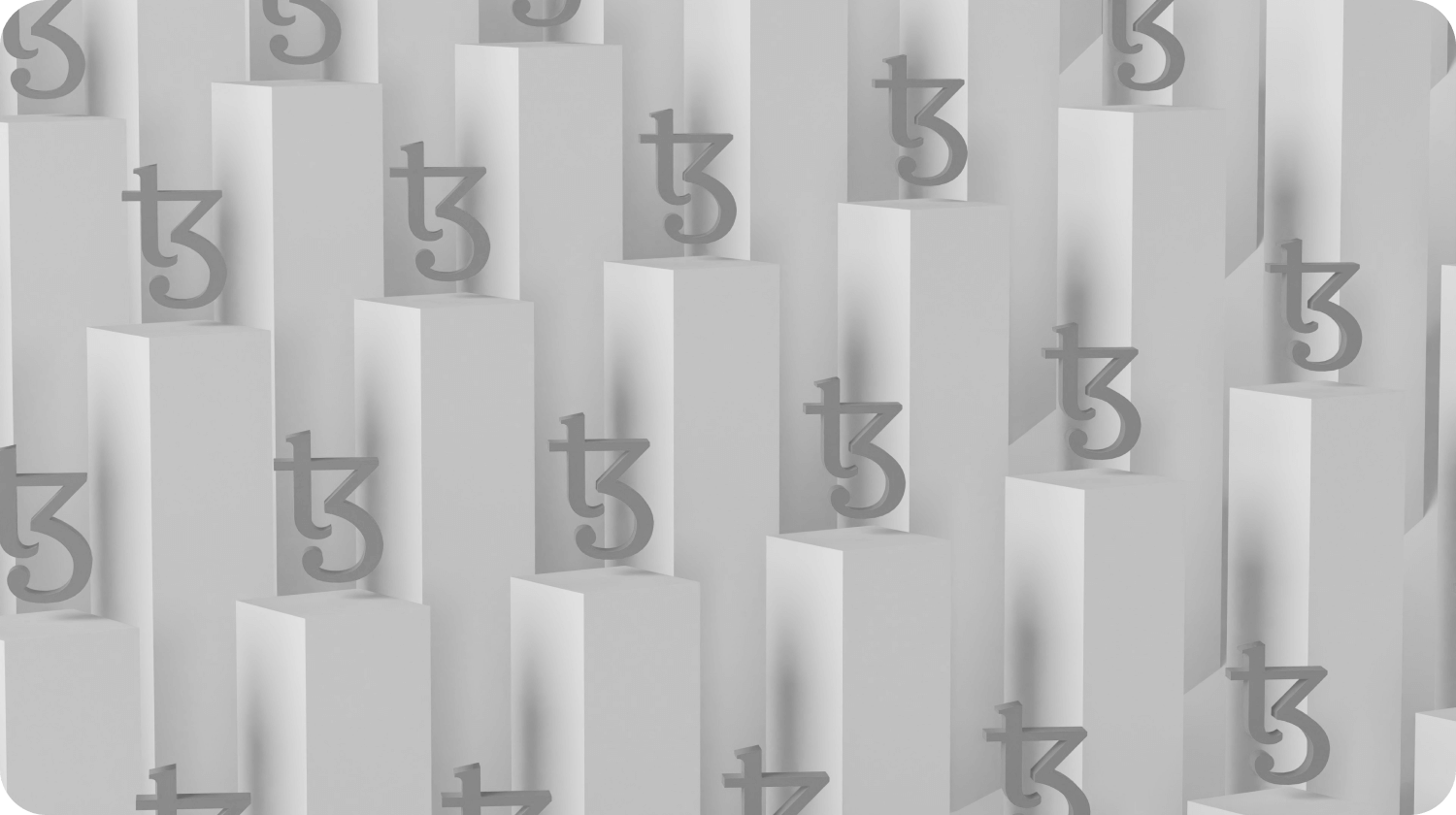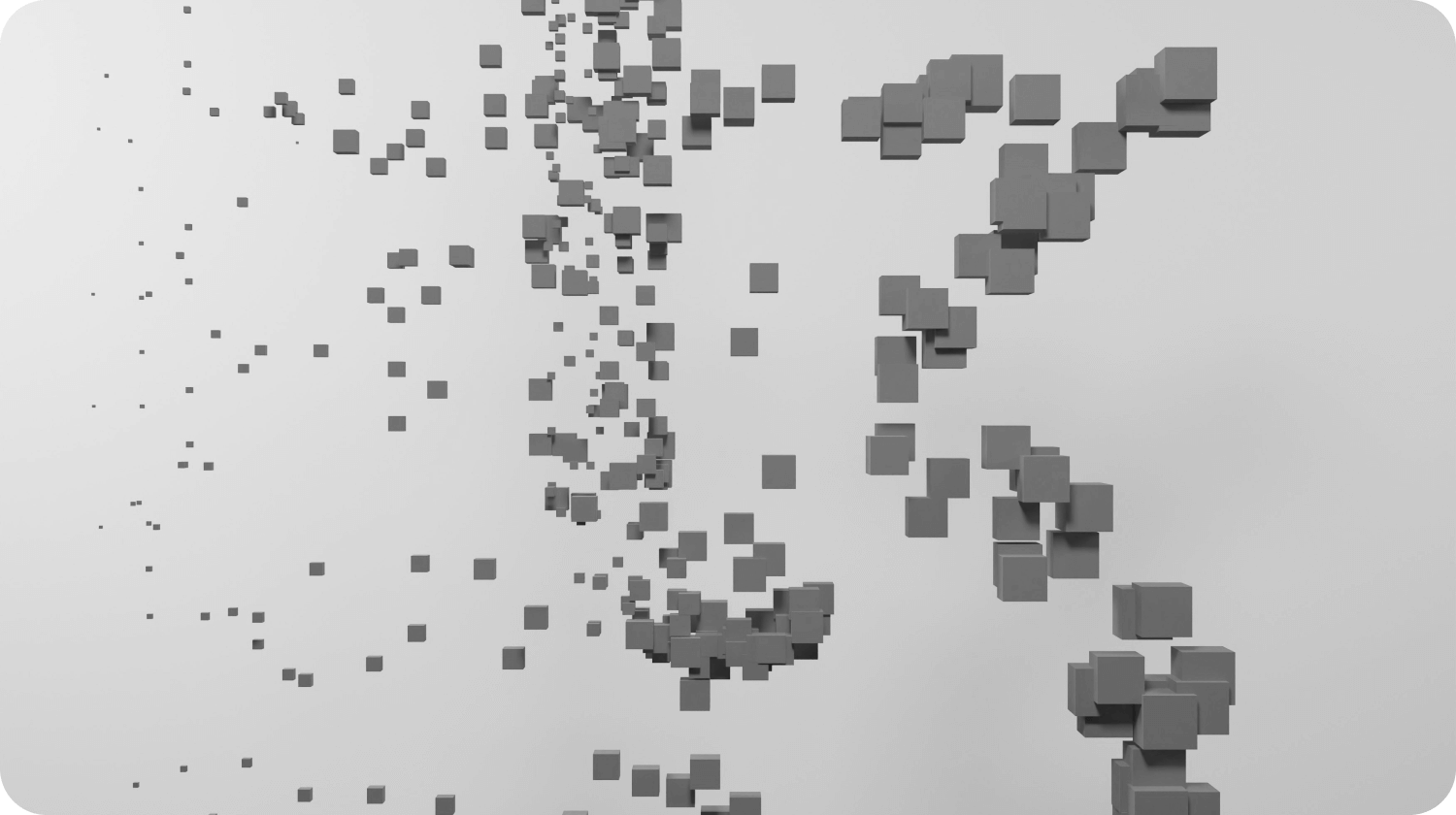What if you could create an organization that runs itself, without a CEO or board of directors, governed entirely by its community through transparent, code-enforced rules? This isn't a futuristic fantasy; it's the reality of Decentralized Autonomous Organizations (DAOs). DAOs represent one of the most powerful and revolutionary concepts to emerge from the Web3 space, fundamentally changing how we think about governance, collaboration, and community ownership.
A DAO is essentially an internet-native organization where decisions are made collectively by its members, rather than by a centralized leadership. Its financial transactions and rules of operation are encoded in smart contracts on a blockchain. This creates a system that is transparent, tamper-proof, and globally accessible from day one. Instead of shares in a company, DAOs are typically governed by tokens, which grant members voting rights on proposals.
How Do DAOs Work?
While DAOs can vary in complexity, they generally follow a common framework. Their operations are built on transparency and community participation.
- Smart Contracts as the Foundation: The core rules of the DAO are written into smart contracts. This code defines how the organization operates, from how votes are cast to how treasury funds can be spent.
- Governance Tokens for Voting: Members typically hold governance tokens that represent their voting power. To make a decision, a member submits a proposal, and the community votes on it.
- A Shared Treasury: Most DAOs have a treasury that is collectively owned and managed by the members. No single individual can access these funds without the approval of the community through a vote.

The Future of Collaboration
DAOs are already being used to govern everything from DeFi protocols and investment funds to social clubs and creator collectives. They offer a powerful alternative to traditional corporate structures by eliminating hierarchical bottlenecks and aligning the incentives of the organization with the interests of its community. This model fosters a deeper sense of ownership and collaboration among members.
While still an emerging technology, DAOs are paving the way for a more democratic and transparent future of work and community organization. As you explore the Web3 ecosystem through platforms like NodePace, you'll increasingly encounter DAOs as the governing bodies behind the projects you use, representing a true paradigm shift in how we build and govern in the digital age.



